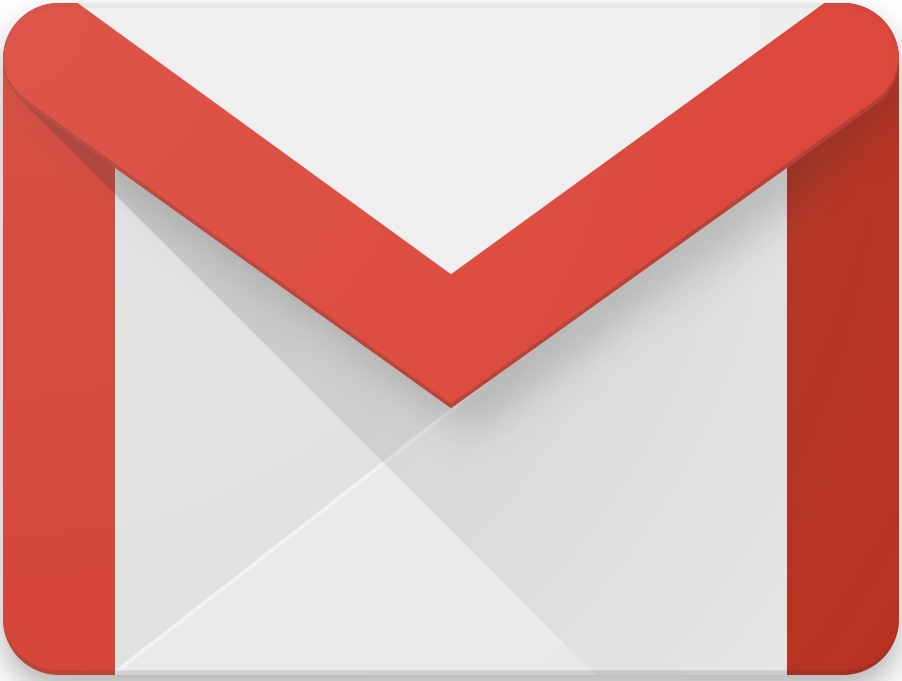 If you use Gmail, then Google is reading your email. You may not like that fact, but that is reality. It isn’t private.
If you use Gmail, then Google is reading your email. You may not like that fact, but that is reality. It isn’t private.
And for lawyers privacy is a pretty big deal.
Google announced a new feature yesterday called “Smart Reply” where they read your email and suggest replies for you. No, this isn’t coming from the Onion, this is real.
Here is the “problem” as they see it:
But when you’re checking email on the go, it can be cumbersome and time-consuming to reply to all or even some of them. What if there was a way for your inbox to guess which emails can be answered with a short reply, prepare a few responses on your behalf and present them to you, one tap away?
Well, starting later this week, Inbox will do just that with Smart Reply.
OK, next up, their solution:
Smart Reply suggests up to three responses based on the emails you get. For those emails that only need a quick response, it can take care of the thinking and save precious time spent typing. And for those emails that require a bit more thought, it gives you a jump start so you can respond right away.
Ouch.
Google, of course, has long ago admitted to reading your email if you use their service. But they just claim that this is exactly what people expect will happen, and that there is no expectation of privacy. Really.
Now they want to take it one step further, from not only reading your email but answering for you.
Thanks, but no thanks. I’d like my private communications to be just that, private. And by the way, if Google can read your email so easily, so too can the Government. Just sayin.’
(H/T Nicole Black and The Droid Lawyer)
Interesting question, but ultimately I don’t think that allowing a computer algorithm to “read” your emails destroys privilege or confidentiality. Any attorney who’s used a fax, scanner, or even copier has allowed a machine and software to “read” privileged and confidential documents. An interesting sci-fi/philosophical question is: At what point could software or a machine be sentient enough to be considered to have destroyed privilege and confidentiality? I won’t let HAL 5000 or C-3PO or read my emails. Just to be safe.
I won’t let HAL 5000 or C-3PO or read my emails. Just to be safe.
And with each baby step the big computer companies take, we get a little bit closer…
The next step for Google is obvious. Let Google create the outgoing email for you as well. Then Google AI can interact directly with Google AI, leaving the human out entirely.
In the world of cinema, this is called “Skynet, phase one.”